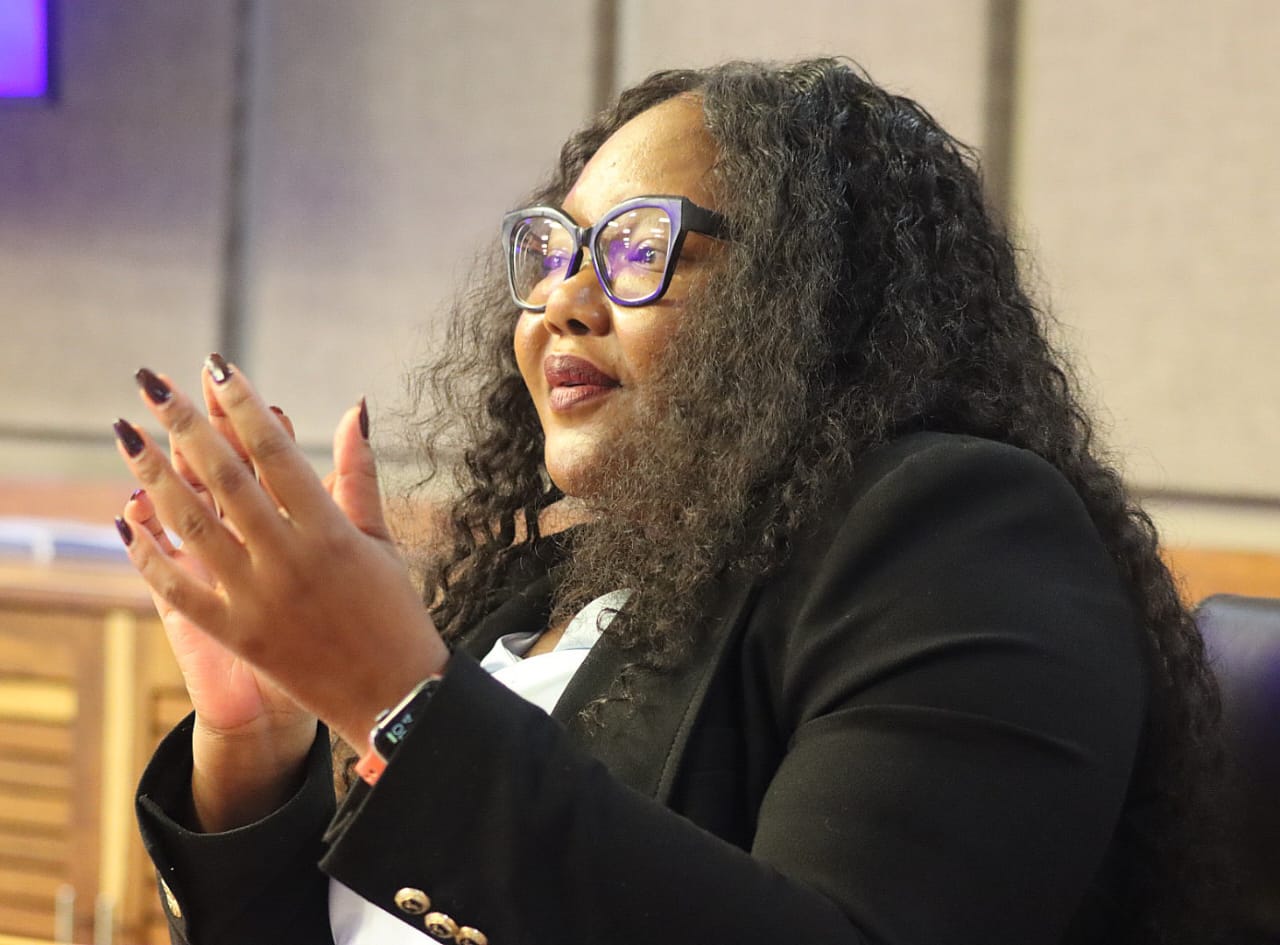
The Portfolio Committee on Basic Education has clarified the role of the norms and regulations being developed under the Basic Education Laws Amendment (BELA) Act, emphasizing that these do not constitute amendments to the Act itself.

Speaking during a social cluster media briefing in Parliament on Thursday, committee chairperson Joy Maimela addressed questions about the implementation of the BELA Act and its associated regulations.
She explained that the new regulations being crafted by the Department of Basic Education are intended as guidelines for implementing the provisions of the Act, rather than changes to the law.
Clarifying the Role of Regulations
Maimela stated, “We must make something very clear. The regulations do not change and do not amend the Act. You can’t amend the Act utilizing regulations. The regulations are merely guidelines on how to implement the provisions of the Act.”

This clarification comes in response to concerns raised by opposition parties and stakeholders about how contentious aspects of the BELA Act, such as school language and admission policies, would be managed.
The Democratic Alliance (DA) recently highlighted the role of Minister Siviwe Gwarube in developing these regulations. The party stated that the guidelines would address controversial areas of the Act, aiming to protect school autonomy while ensuring fair and transparent practices.
Controversy Surrounding the BELA Act
The BELA Act, signed into law in 2024, has generated significant debate. It introduces changes to South Africa’s education system, including provisions granting provincial governments greater authority over school admission and language policies.
Supporters of the Act, such as the Good Party, argue that it is a win for children, ensuring equitable access to education and promoting transparency in school governance. Critics, however, have expressed concerns that the changes could undermine school autonomy and lead to tensions around language policy in particular.
President Cyril Ramaphosa’s recent announcement that the entire Act would be implemented in full, including its contentious clauses, has heightened these debates.

Ensuring Accountability
Maimela assured stakeholders that the Portfolio Committee on Basic Education would continue to oversee the process. “We will interact with the minister once the regulations have been finalized,” she said, signaling the committee’s commitment to ensuring that the regulations align with the Act’s objectives and do not overstep their intended scope.
A Balancing Act
The BELA Act represents a significant shift in the governance of South Africa’s education system. While its proponents emphasize the importance of fairness and equity, critics caution against potential unintended consequences, particularly regarding school autonomy and the management of diverse linguistic needs.
Maimela’s comments aim to reassure stakeholders that the regulatory process will not undermine the legislative framework of the BELA Act. Instead, the guidelines are expected to provide practical tools for implementing the law effectively.

The Good Party’s Perspective
The Good Party has welcomed the BELA Act as a positive step for South Africa’s education system. In particular, the party praised the provisions related to school language policies, stating that these changes will ensure fairness and transparency.
The party also emphasized that the Act’s broader reforms would contribute to creating an equitable education system that serves all South African children, regardless of their socio-economic background or linguistic heritage.
Looking Ahead
As the Department of Basic Education works on finalizing the regulations, all eyes will remain on how the implementation of the BELA Act unfolds. Stakeholders from various sectors, including political parties, school governing bodies, and advocacy groups, are likely to scrutinize the guidelines closely to ensure they reflect the principles of fairness, equity, and transparency.
The Portfolio Committee’s commitment to monitoring the process and engaging with the minister offers some reassurance that the regulations will remain within their intended scope. Nevertheless, the ongoing debate around the BELA Act highlights the complexities of education reform in a diverse and dynamic society like South Africa.
By balancing the need for equitable access to education with the preservation of school autonomy, the implementation of the BELA Act has the potential to shape the future of the country’s education system for years to come.
#Bold #Insights #BELA #Act #Regulations #Committee #Chair



